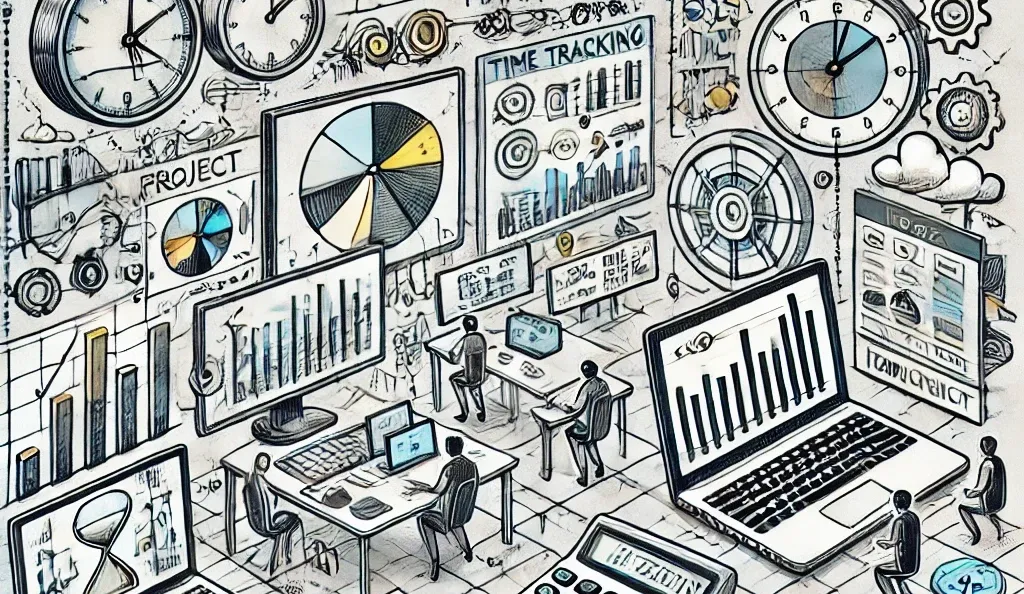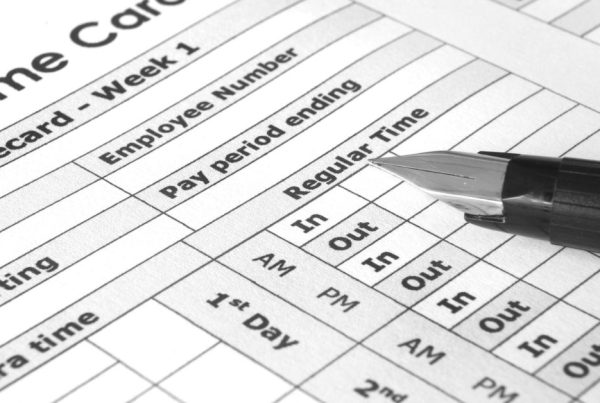
Managing remote teams presents unique challenges such as maintaining productivity, ensuring clear communication, and fostering team cohesion. Effective time tracking software can play a crucial role in overcoming these obstacles by providing structure, accountability, and insights into team operations. By implementing strategic time tracking practices, remote teams can enhance productivity and streamline payroll management, making it easier to optimize resources and improve overall business efficiency.
Understanding the Challenges of Remote Team Management
Remote team management brings about distinct challenges, including communication barriers, productivity maintenance, and fostering team cohesion. One major hurdle is communication barriers, where the lack of face-to-face interaction and differing time zones can lead to misunderstandings and delays. Establishing clear communication protocols and utilizing both synchronous and asynchronous tools is vital for seamless collaboration.
Maintaining productivity in a remote setting is another significant challenge. Without direct supervision, remote workers may face distractions at home, leading to potential productivity dips. Implementing strategies like structured daily check-ins and using performance-tracking software can help mitigate these issues.
Additionally, building trust and fostering team cohesion become more complex when team members are scattered across different locations. The absence of informal interactions can hinder relationship building. Virtual team-building activities and regular check-ins are effective methods to enhance team spirit and trust.
Addressing these challenges is crucial for the success of remote teams. Effective communication, productivity monitoring, and team cohesion are foundational elements that contribute to a thriving remote work environment. Neglecting these aspects can lead to decreased performance and low morale. Time tracking software plays a pivotal role in overcoming these hurdles by enhancing accountability and productivity. By tracking time spent on various tasks, employees are held accountable, ensuring transparency and fairness in the workplace.
Implementing Effective Time Tracking Strategies
Integrating time tracking tools into remote work environments is essential for maintaining employee productivity and monitoring performance. Best practices for implementing these tools involve setting clear expectations and providing robust support for teams.
A well-defined time tracking policy is fundamental. This policy should delineate what employees need to track, including both billable and non-billable hours, and distinguish between personal and administrative tasks. Establishing consistent guidelines ensures that all team members understand their responsibilities and adhere to the same standards.
Transparency and consistency are key to fostering trust. Managers should communicate openly about the purpose of time tracking and apply policies uniformly across the team. Regular reviews can ensure that the practices align with evolving business needs and incorporate employee feedback, maintaining efficiency and morale.
Choosing the right tools is crucial. Opt for intuitive, user-friendly time tracking solutions that integrate seamlessly with existing systems like QuickBooks. The tools should offer features such as real-time updates and detailed reporting to support comprehensive oversight.
Training is another vital component. Providing thorough training sessions equips employees with the skills needed to use the software effectively. Regular training opportunities can address any concerns and ensure that everyone is comfortable with the technology.
Promoting a culture of accountability is equally important. Encourage employees to take ownership of their time management by setting clear goals and tracking progress. This approach not only enhances productivity but also ensures timely project completion.
Lastly, use time tracking tools to support collaboration. Features like shared calendars and task assignments help keep the team aligned, fostering a cohesive work environment. By following these best practices, remote teams can leverage time tracking software to boost productivity and maintain accountability.
Enhancing Productivity and Payroll Management with Time Tracking
Time tracking software is a pivotal tool in optimizing both productivity and payroll management for remote teams. By integrating time tracking with payroll systems, companies can automate the calculation of employee hours, overtime, and absences. This automation reduces manual input errorsand ensures accurate compensation, thereby streamlining payroll processes. Such integration also aids in maintaining compliance with labor regulations, minimizing legal risks.
Beyond payroll, time tracking software provides valuable insights into employee productivity. Detailed data on how time is spent across tasks and projects allows managers to identify bottlenecks and optimize resource allocation. This data-driven approach helps prevent burnout and ensures efficient workload distribution, leading to a more balanced and productive work environment. Managers can utilize time tracking data to refine processes and foster accountability, improving team performance.
Furthermore, accurate time tracking enhances billing and reporting accuracy. In industries reliant on precise billing—such as consulting or creative services—having detailed records of hours worked is crucial. Time tracking software facilitates compliance with billing standards and generates comprehensive reports for audits, building client trust and transparency.
A significant advantage for businesses using QuickBooks is the seamless integration of time tracking solutions like Minute7. This integration allows for the automatic syncing of time tracking data with accounting records, expediting invoicing, payroll processing, and financial reporting. By using integrated systems, businesses can reduce data entry errors and enhance overall operational efficiency. Thus, time tracking software not only boosts productivity but also optimizes payroll and accounting operations, making it indispensable for remote teams seeking to enhance their business functions.
Unlocking Success with Minute7: Elevate Your Remote Team Management
In today’s dynamic work environment, managing remote teams effectively requires the right tools and strategies. Time tracking software emerges as a vital asset, offering structured solutions to enhance productivity, streamline payroll, and ensure seamless integration with accounting systems. Minute7 stands out by providing a robust platform that simplifies time tracking and expense reporting for remote teams, ensuring accurate data collection and efficient management.
By leveraging Minute7, businesses can overcome common challenges associated with remote work, such as miscommunication and untracked productivity. The platform’s intuitive interface and powerful features empower teams to accurately track billable hours, monitor project progress, and maintain compliance with ease. With seamless integration into QuickBooks, Minute7 eliminates manual data entry, reducing errors and saving time.
For teams looking to optimize their workflows and foster accountability, Minute7 offers a comprehensive solution. The mobile app ensures that team members can log their time and expenses from anywhere, enhancing flexibility and support for distributed teams. Businesses can benefit from detailed reporting and insights that drive data-informed decisions, boosting overall efficiency and performance.
Discover how Minute7 can transform your remote team management by signing up for a 30-day free trial today. Experience firsthand the benefits of streamlined time tracking and elevate your team’s productivity to new heights.



